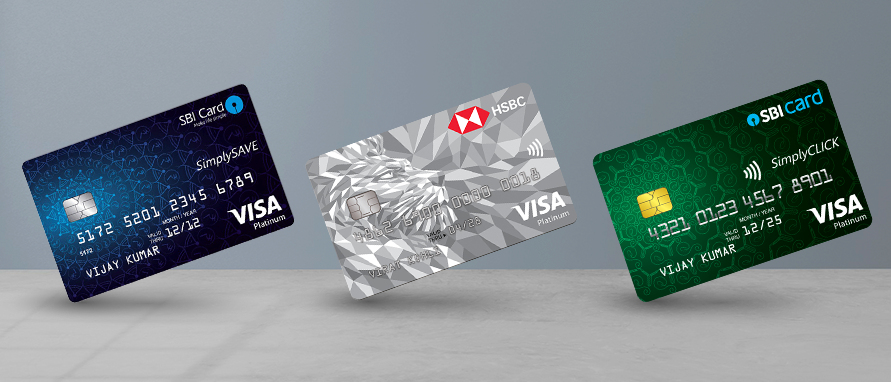Here are the key benefits of having a credit card as a salaried person, showcasing how it can enhance financial flexibility and provide rewards:
Builds Credit History
Using a credit card for a salaried person responsibly helps establish a strong credit history, which is essential for future financial needs like loans and mortgages.
Access to Instant Credit
A credit card provides immediate access to funds for emergencies or unexpected expenses, offering financial flexibility when you need it most.
Reward Points and Cashback
Many credit card offer reward points or cashback on purchases, helping you save money or earn benefits on everyday spending.
Convenient Payment Option
Credit card allow you to make large purchases and pay in manageable instalments, providing convenience and preventing strain on your monthly budget.
Exclusive Discounts and Offers
As a credit card holder, you gain access to exclusive discounts, offers, and promotions on dining, shopping, travel, and more.
Enhanced Security
Credit card offer enhanced security features like fraud protection and zero liability on unauthorized transactions, ensuring your purchases are safe.
Increased Financial Control
With a credit card, you can better manage your expenses by tracking your spending through monthly statements, helping you stick to your budget.
Grace Period on Payments
A credit card often comes with a grace period, allowing you to repay your balance without incurring interest if paid within the given time frame.
















